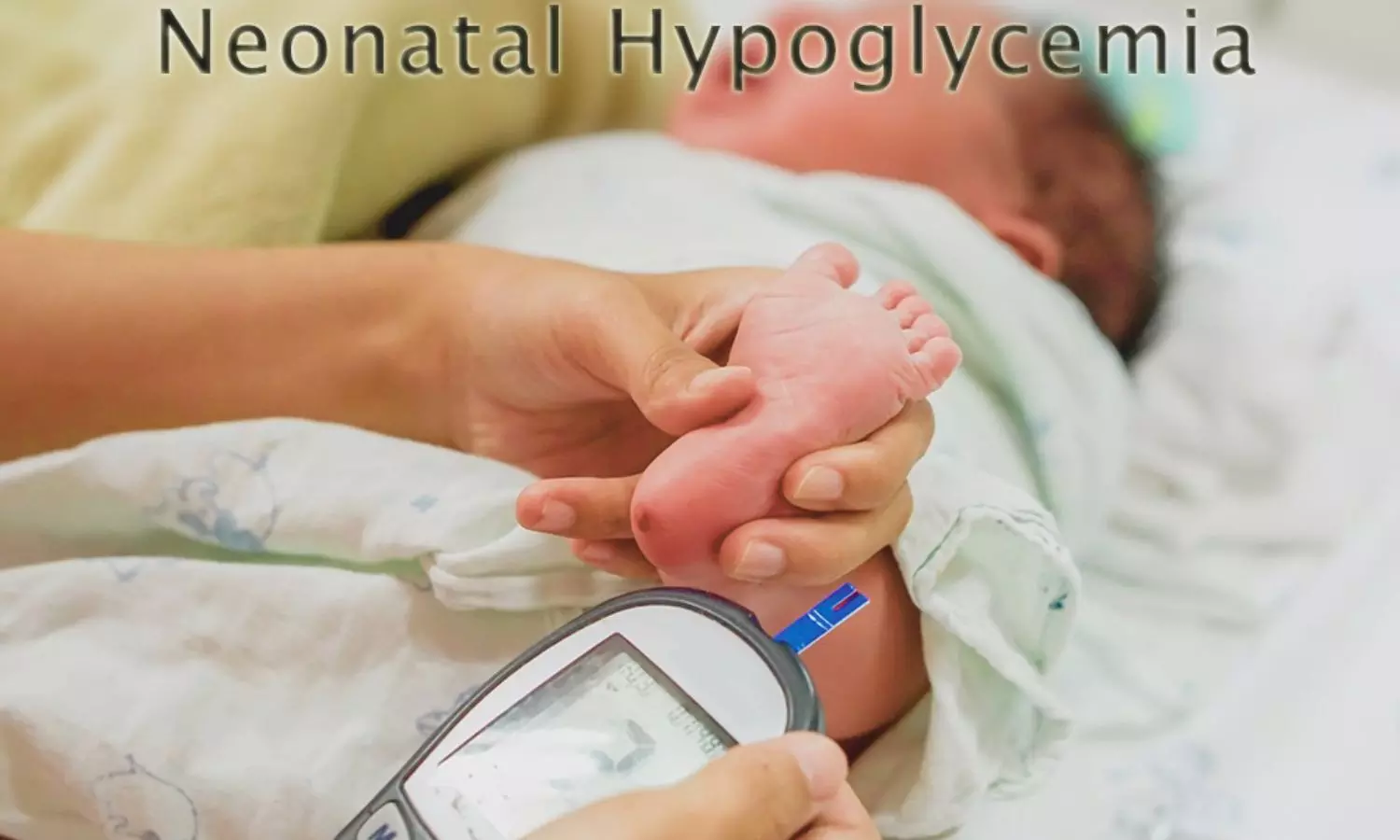Late Preterm Steroids Not Linked to Adverse Neurodevelopmental Outcomes at Age 6: JAMA

Researchers have found that the administration of late preterm corticosteroids, while originally beneficial in improving short-term neonatal respiratory outcomes, did not negatively impact neurodevelopmental outcomes in children at the age of 6 years or older. This finding stems from a follow-up study to the Antenatal Late Preterm Steroids (ALPS) trial, which initially revealed increased rates of neonatal hypoglycemia following antenatal betamethasone at 34 to 36 weeks. This study was published in JAMA Network by Cynthia Gyamfi-Bannerman and colleagues.
The ALPS trial previously demonstrated that antenatal betamethasone administration between 34 and 36 weeks reduced neonatal respiratory morbidity. However, this positive outcome was coupled with an increased risk of neonatal hypoglycemia. The long-term effects of late preterm steroids on childhood neurodevelopmental outcomes remained unclear until this follow-up study.
This prospective follow-up study evaluated children aged 6 years or older whose birthing parent had enrolled in the original ALPS trial. The study included 13 centers from the Maternal-Fetal Medicine Units (MFMU) Network. The follow-up period spanned from 2017 to 2022.
The study focused on the administration of 12 milligrams of intramuscular betamethasone, administered twice 24 hours apart. The primary outcome was a General Conceptual Ability score less than 85 (−1 SD) on the Differential Ability Scales, 2nd Edition (DAS-II). Secondary outcomes included the Gross Motor Function Classification System level and Social Responsiveness Scale and Child Behavior Checklist scores.
The key findings of the study were:
-
Of 2,831 eligible children, 1,026 enrolled and 949 (479 betamethasone, 470 placebo) completed the DAS-II at a median age of 7 years (IQR, 6.6-7.6 years).
-
A general conceptual ability score less than 85 occurred in 17.1% of the betamethasone group and 18.5% of the placebo group. This difference was not statistically significant (adjusted relative risk, 0.94; 95% CI, 0.73-1.22).
-
The study found no differences in secondary outcomes, including Gross Motor Function Classification System level and Social Responsiveness Scale and Child Behavior Checklist scores, between the betamethasone and placebo groups.
-
Sensitivity analyses using inverse probability weighting or assigning outcomes to children lost to follow-up did not reveal differences between the groups.
In conclusion, the follow-up study of the ALPS trial suggests that antenatal corticosteroids administered to individuals at risk of late preterm delivery do not pose adverse childhood neurodevelopmental outcomes at age 6 years or older. This finding supports the continued use of antenatal betamethasone for improving short-term neonatal respiratory outcomes without causing long-term neurodevelopmental harm.
Reference:
Gyamfi-Bannerman, C., Clifton, R. G., Tita, A. T. N., Blackwell, S. C., Longo, M., de Voest, J. A., O’Shea, T. M., Bousleiman, S. Z., Ortiz, F., Rouse, D. J., Metz, T. D., Saade, G. R., Rood, K. M., Heyborne, K. D., Thorp, J. M., Jr, Swamy, G. K., Grobman, W. A., Gibson, K. S., El-Sayed, Y. Y., … Eunice Kennedy Shriver Maternal-Fetal Medicine Units Network. (2024). Neurodevelopmental outcomes after late preterm antenatal corticosteroids: The ALPS follow-up study. JAMA: The Journal of the American Medical Association. https://doi.org/10.1001/jama.2024.4303



